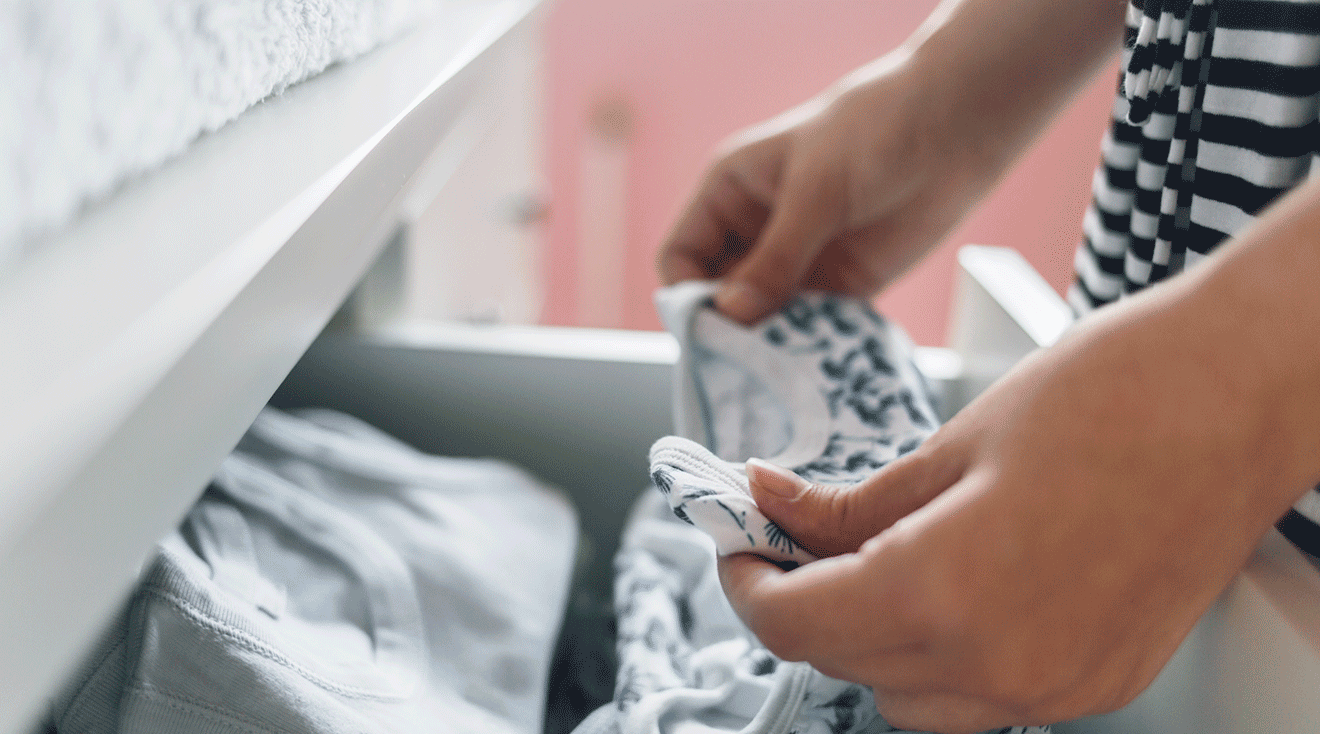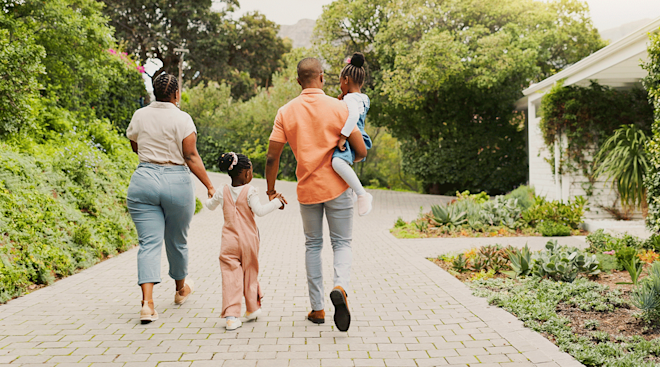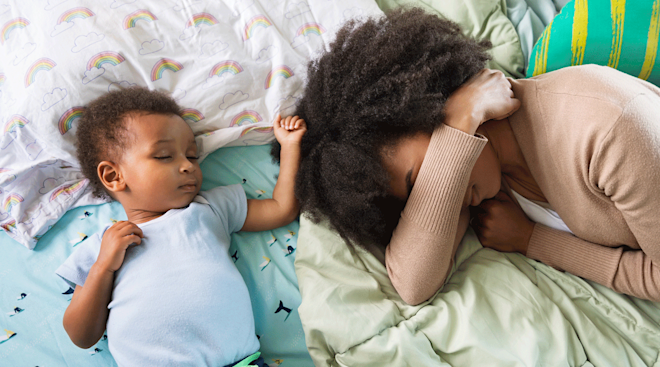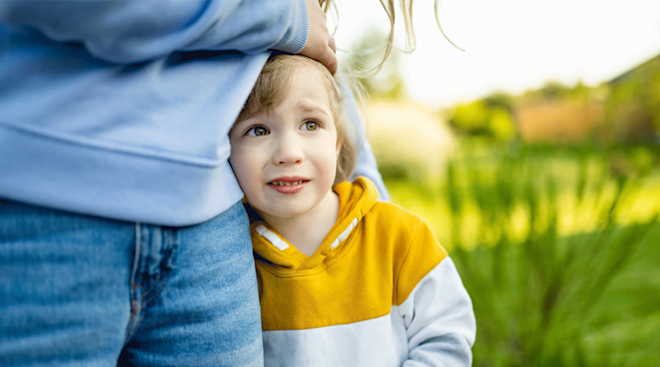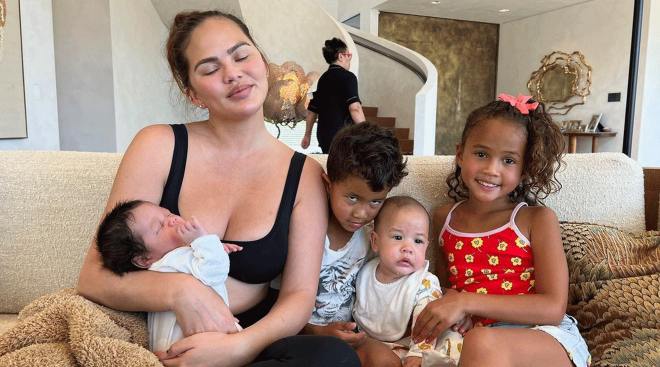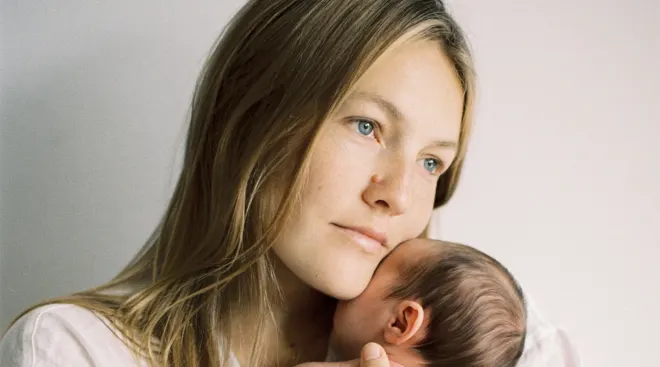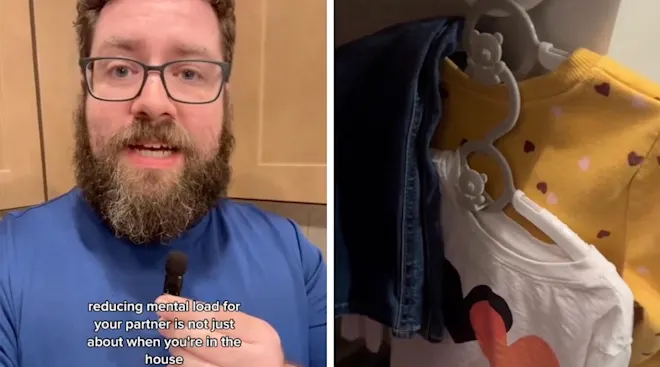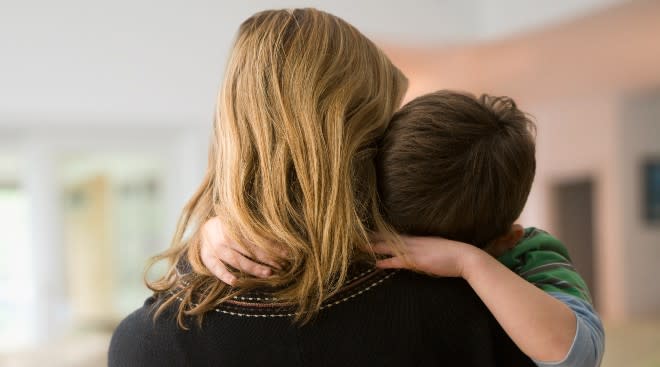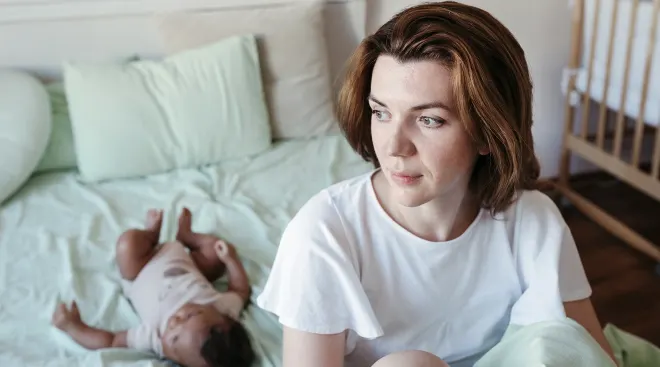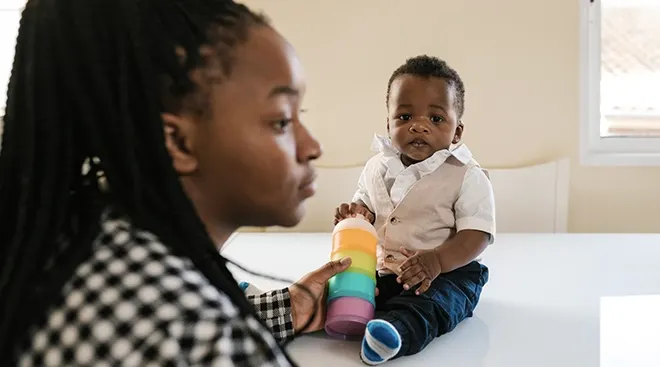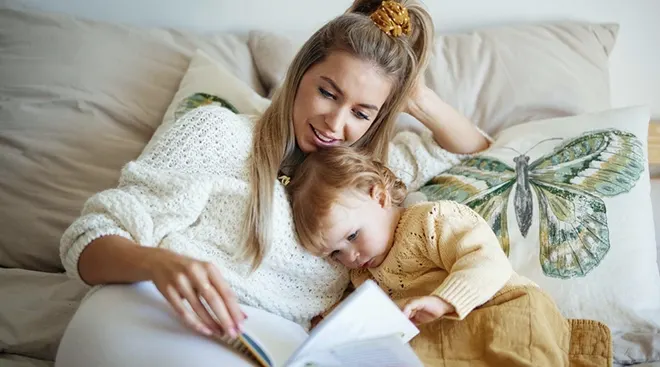Why Is Getting Rid of Baby’s Old Clothes So Hard?
I have a love-hate relationship with the inevitable churn of baby and toddler clothes. Mostly hate. On one hand, I enjoy the efficiency of getting clothes that no longer fit my 2-year-old son out of my house and how organized it makes me feel to get rid of “clutter” and have everything in its place. (Drawer dividers! Those special baby-size hangers!) Of course, it’s also necessary to get him new stuff when he goes up a size. On the other hand, it’s pure emotional torture. My internal voice is screaming: “My baby is growing up so fast!”
It’s an unavoidable chore many new parents face since babies and toddlers grow alarmingly fast: Every three months or so during babyhood, and then less and less (but still too often, sob) while they’re toddlers, they grow out of all their clothes. Then you have to decide whether to hand down the little clothes that no longer fit to the next crop of lucky parents, donate them or sell them to a baby consignment store. You might save a few special onesies as keepsakes. Or, maybe, you keep them in a hopeful drawer for a future sibling—whether you’ve fully decided if you want another baby or not. Maybe you avoid the baby clothes organizing altogether until baby is a toddler, and end up haphazardly throwing everything into garbage bags.
No matter what your method is, you have to deal with those little clothes sometime. If you’re like me, you get rid of pretty much everything except a few special things. I can’t bear to keep them around—I used to have huge, explosive crying sessions when my son was really small and it was time to go from, say, size 0-3 to 3-6 months. Since then, I’ve dealt with the emotional ups-and-downs of baby-and-toddler clothes maintenance by playing little games in my head. “Okay, he’s mostly in 2T, but the pants are still kind of big for him, and he just turned 2, and he has a few things in the 24-month size (which is technically for 18-to-24-month-olds) that fit really well. So I’ll keep the 24-month-size clothes until he’s 2-and-a-half, and then I’ll reevaluate.” (And that means he’s still kind of a baby, right? RIGHT?!)
That’s perhaps not the most effective coping strategy. But if any of this sounds familiar, read ahead for why you’re feeling emotional about baby growing up—and how to cope, according to an expert.
“A lot of people experience this feeling of nostalgia, or these emotions that come up with any major milestones,” says Renée Goff, PsyD, PMH-C, a licensed clinical psychologist and owner of Orchid Wellness & Mentoring in Cincinnati, Ohio.
It’s not always about baby clothes, of course. Anything that symbolizes baby growing up and life passing you by can stir up emotions—a rattle, a blanket. Similarly, a major milestone can make you weepy: the first time they go to daycare, sleep in their own room or stop using a pacifier. But if it’s tiny clothes that make you sad about baby growing up, well, welcome to the club.
If you’re feeling particularly sad about baby growing up, it might be that the passage of time is daunting for you, or that you’re questioning what things will look like in the future. “It can bring up a lot of feelings for people about how they identify themselves,” says Goff. “Like, ‘Okay, now I’m a mom, and my kid is growing so quickly, and what’s this going to look like in the future? Am I going to be a good mom? Is this going to get harder?’”
Goff adds that packing away those baby clothes might feel so heavy because it brings up memories that evoke positive feelings for you. Newborn clothes in particular can symbolize a lot of different things for people, says Goff, who shares that all three of her kids, who are 11 years apart, came home in the same hospital outfit. “Throwing it away feels very final,” she says. “You have experiences and emotions connected to those clothes… It’s like, ‘Okay, so this [is the] tiny little outfit that I brought them home in from the hospital.’”
Whether or not you get emotional when stowing away baby clothes, you might be looking for coping strategies if you get in your feels about baby growing up “too fast.” Here are a few of Goff’s suggestions:
- First, remember that it’s okay to cry. “If you feel like you need to cry, go ahead and do it,” says Goff. “Let those emotions come out. Because when you tend to keep it in, eventually it comes out when you least expect it to.”
- Keep in mind that nostalgia can be useful. “Nostalgia can be healing in the sense that it gives you time to reflect and look back and see, ‘Okay, this is who I was before. This is what was happening. This is who was in my life. This is what was important to me. And am I still that person, or how have I changed for the better? Or, what can I work towards?’” says Goff.
- Remember it’s okay to feel ambiguous. You’re likely juggling a lot of emotions, and it’s important to remember that they all have a useful role. Nostalgia is bittersweet like that, says Goff. “It’s important to recognize you can have both, being sad, but also happy too, and that’s okay,” she says. “It can be like, ‘I’m sad that my baby’s growing up because time is going so fast. But, my goodness, look how cool it is—now they’re walking.’”
- Bottle up the good memories. “Who in your life was there during the time when you had that newborn? Was it your partner? Was it your mom, or who showed up for you? Who made you feel good or safe and secure? [Reach] out to those people,” advises Goff.
- Talk to others who are going through it. Nostalgia can create a common bond in people, says Goff. “Having a space to talk to other people who are going through it about it can be helpful,” she says.
- Focus on quality time and be present. A lot people feel like they don’t spend enough time with their kids, but Goff suggests prioritizing quality over quantity. “[Say], ‘I’m going to give my kid 15 minutes of really being present with them, and enjoying them,’” she says.
While it’s completely normal to get sad about baby growing up from time to time, if the feelings are becoming too overwhelming, or you just feel something is off, it’s important to seek mental health support, says Goff.
“Anytime it’s affecting your ability to function throughout the day, or your relationships with others, or being able to work… You need to reach out for help then,” Goff says. “If you find yourself withdrawing more or focusing on the past continuously and comparing it to now, and not being able to enjoy the present moments, that’s when you should reach out for help.”
I’m a lot better at keeping it together these days when I look at old baby clothes, but I’m also getting better at remembering that it is okay to cry and feel like each new size is the end of an era. And I’m also aware that these moments don’t stop when baby is little.
“It definitely morphs, and you’re going to keep having those moments, like when they start to take their first steps, or the first time they jump on that bus for kindergarten. You can’t help but think back to when they were so small. They were these tiny little helpless humans who are now more independent and don’t need you as much,” says Goff.
So I’m gearing up for a lifetime of baby-size nostalgia—now hopefully with a healthier outlook. I’ve made peace with the fact that the era of footie pajamas is over. But I’m still not ready to find out what the advent of 3T will do to me. Thankfully, that’s still at least several months of 2T away.
Plus, more from The Bump:
Renée Goff, PsyD, PMH-C, is a licensed clinical psychologist and owner of Orchid Wellness & Mentoring in Cincinnati, Ohio. She received her doctor of psychology from Wright State University in Dayton, Ohio.
Navigate forward to interact with the calendar and select a date. Press the question mark key to get the keyboard shortcuts for changing dates.
































